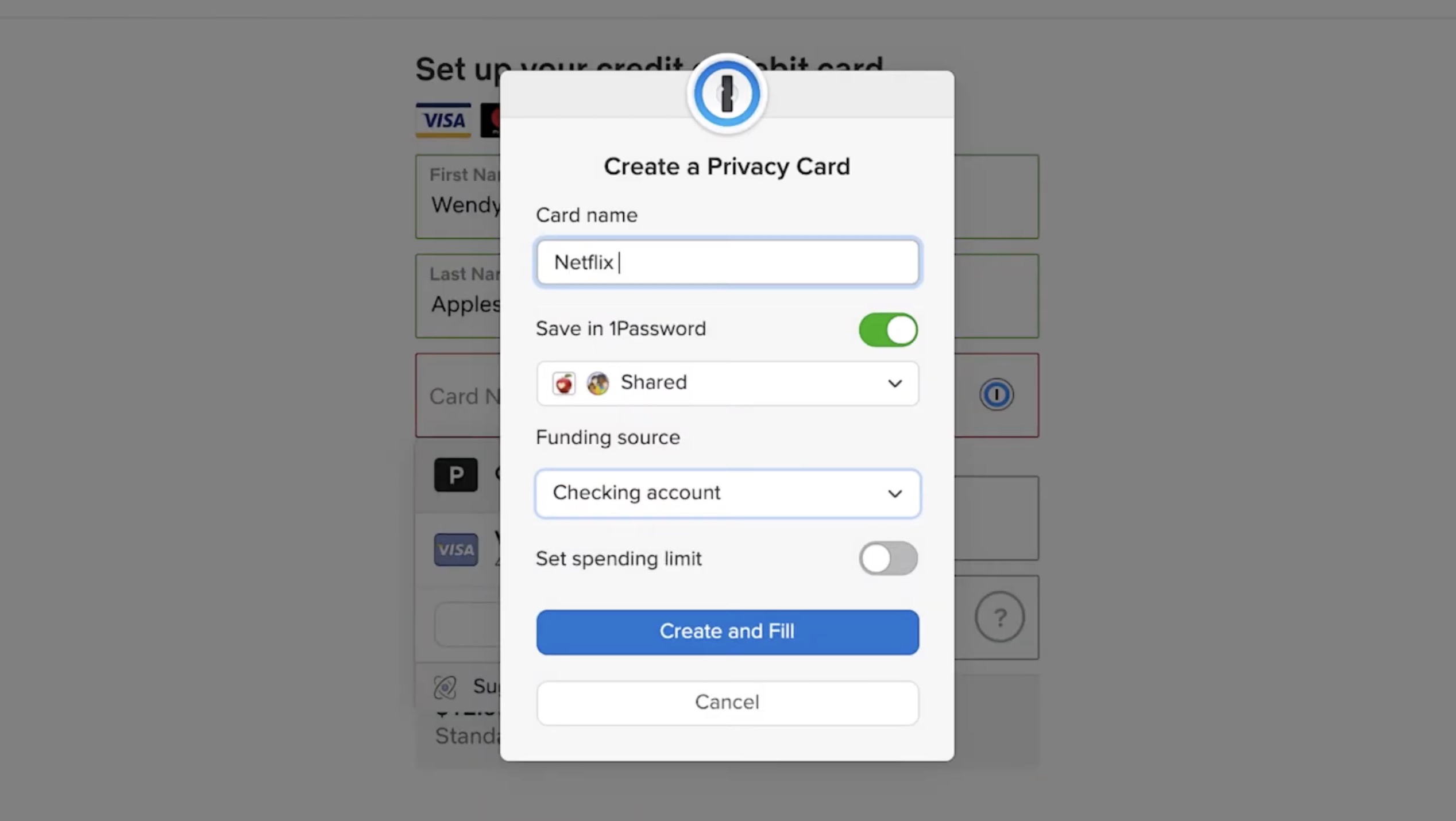One of my credit cards offered this about 10 years ago, then stopped offering the feature without explanation. Honestly, I’ve missed it ever since — no idea why it was discontinued.
I can tell you why card issuers stopped doing this; nearly every step of the payment path makes money on fraud, so their intent is to make it sound like they want to stop fraud, while really wanting it to continue. They also derive no financial benefit from the overhead of developing and supporting a one time card technology; i.e. doesn't help the bottom line or stock price if their customers are getting ripped off.
Here's how it works. Criminal obtains a stolen card and places an order on website XYZ. That website uses a payment processor, who is responsible for taking the card from website software to payment network, and possibly doing things like address validation, CVV check, etc. They charge a transaction fee for this, perhaps 5 to 25 cents depending on volume. Maybe the website owner has some add-on services like "anti-fraud" filters, which add an additional few cents to the transaction fee. Typically, if the transaction had been declined because it was a one time use credit card that was no longer valid, the fee would not be assessed. So, first entity involved would lose money by stopping fraud.
Moving on; fraudulent charge is allowed to go through. Now the payment network gets a taste; this would be larger behind the scenes entities. They'll make a small percentage on the transaction.
Finally, the business owner's merchant account, the card issuer, and Visa/MC all get their taste. You'll typically pay the largest of the fees to your merchant account, the one who's handling the actual moving of money. They'll take a couple percent; perhaps less than 2% for a large company, or as much as 2.7-4% as a small biz. Now, if the shopper used a rewards card, the card issuer and Visa/MC tack on some additional basis points, because rewards aren't free, the sellers actually pay for your rewards by way of higher fees they can't escape, since they aren't allowed to not accept rewards cards.
Merchant now ships your product if it goes out the door before the cardholder realizes their card has been used. Card holder later realizes the fraud has occurred, disputes the charge.
Here's where it gets even better. The merchant account provider + Visa/MC charge the merchant a fee for the privilege of having been ripped off and having a chargeback. They will immediately deduct the disputed amount from the merchant's account, hit them with a $10-20 or even $30 chargeback fee, and ask for documentation proving the cardholder agreed to the charge, which is of course impossible with internet transactions unless you did some kind of really expensive identity validation where that third party validates and guarantees the identity. So now you've lost your merchandise, you've been charged a fee for getting ripped off, and on top of all that, they still keep the transaction fees. In some cases, they may even keep some portion of the merchant account percentage fee, for money they've taken back; the smaller the business, the less leverage they have over this racket.
There is an exception to the above; Amex doesn't charge the chargeback fee, nor do they typically take the money away during the dispute. They open an 'inquiry' and you only lose the money when you can't demonstrate the cardholder agreed to the charge, but no fee is assessed. Why? Because they charge much higher transaction fees, which is why most businesses hate to accept Amex, but begrudgingly do because it's better than turning away the business. You'll still get hit with the validation and address check fees though, via the party connecting your web store to your Amex merchant account.
I think the only reason Capital One still offers their Chrome browser plugin solution for this is because they realized some people actually care about fraud and perhaps it gives them a competitive advantage given every other card issuer has abandoned the technology. I used to use both BofA and Amex for this but they stopped doing it 5+ years ago, maybe even ten. I ultimately lost access to the Cap One solution because it was tied to my Savor card (restaurant benefits), and given I haven't dined out in six months thanks to covid, when I called to convert to the no-fee version of the card and they said no, I closed the account.




